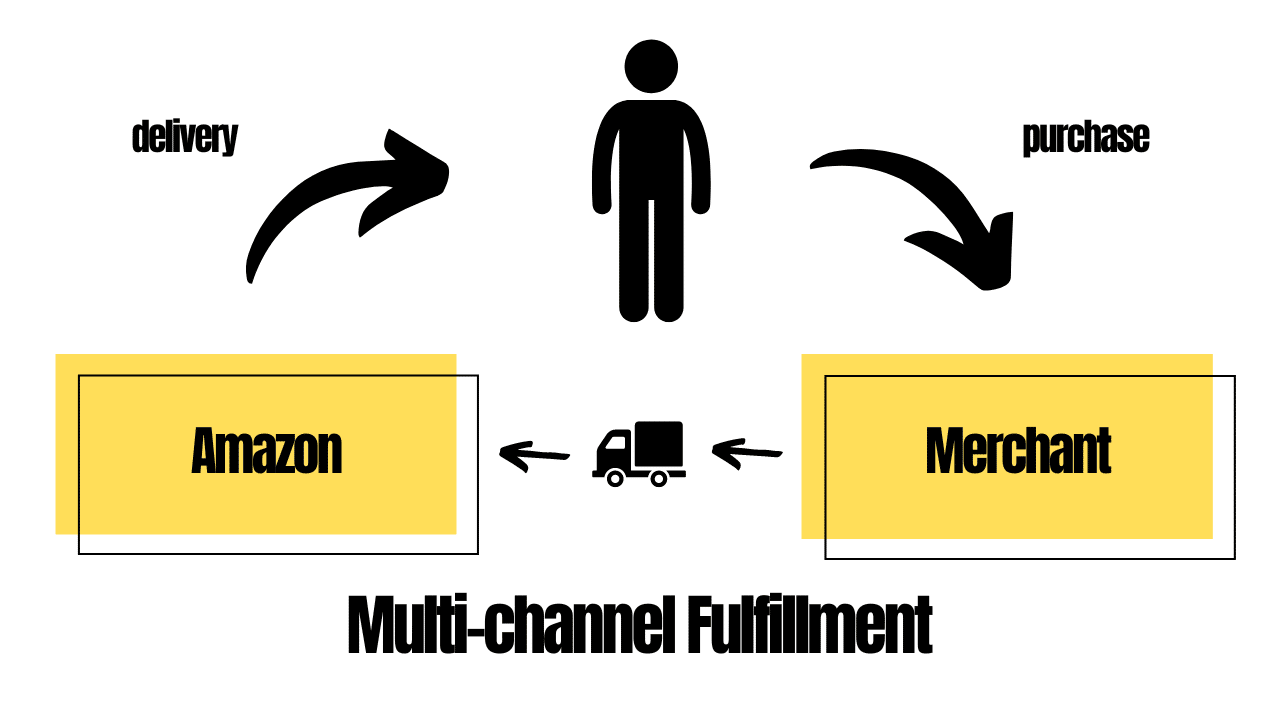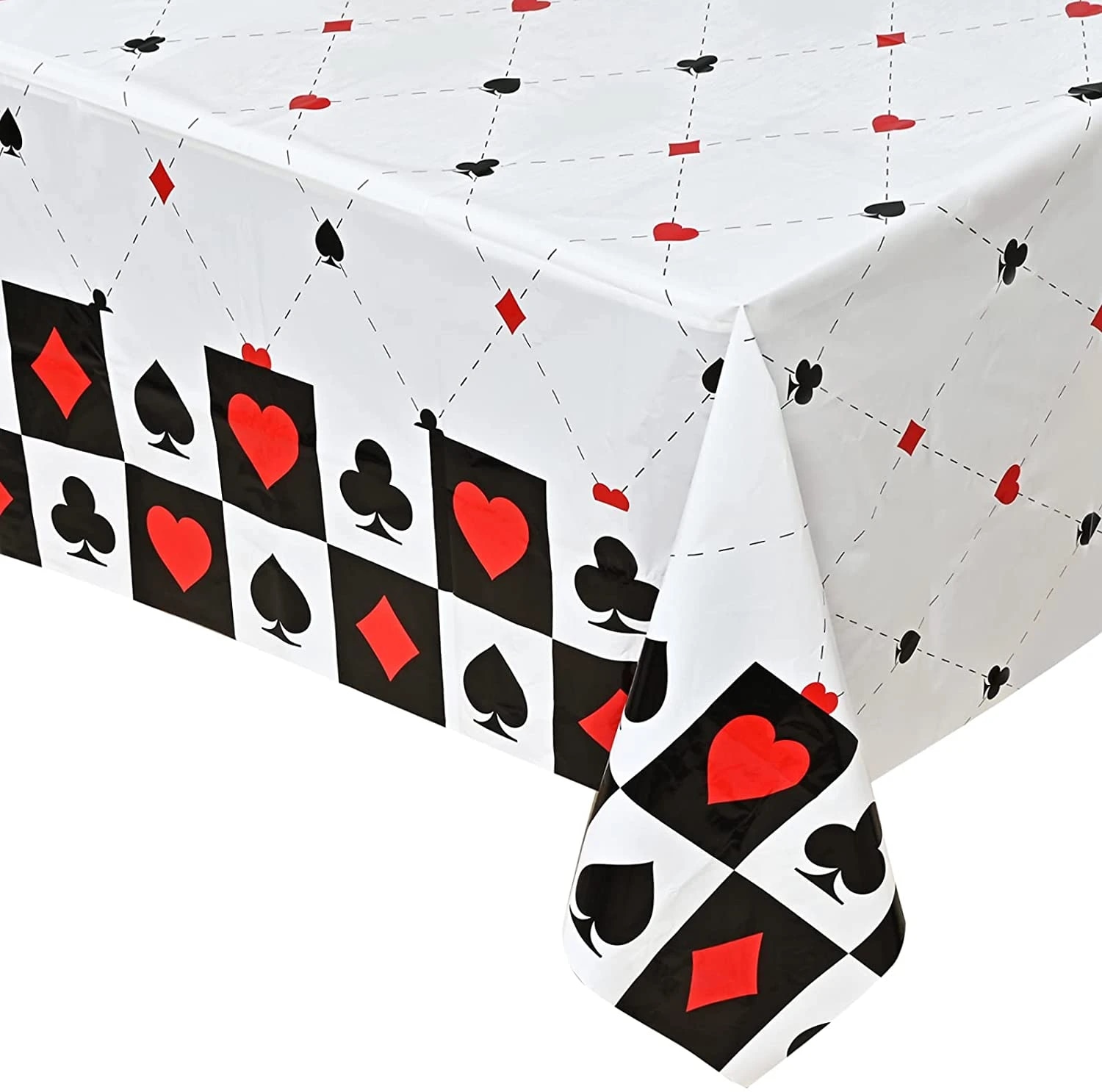
The shopping mall is changing. Urbanization is reducing the number of people who live in large houses, making it more essential to provide safe and comfortable environments for people to shop and work. The change in the role of malls can be attributed to many factors including the increasing middle class, changing demographics, as well the technology impact. We will be discussing the changing role and evolution of malls and technology in this article.
Shopping malls have been changing in their role
Shopping Malls are changing their role

Evolution of vertical shopping malls
Vertical Malls: The Evolution of Shopping Centers
Technology's effect on malls
Technology is having an increasing impact on shopping centers. CBRE conducted a recent study and found that more shopping centres will be transformed into mixed-use destinations. These places can be used for leisure, educational, and even health purposes. They will transform into experiences. Technology will play an important role in this transformation. The study was particularly timely as the holiday shopping season approaches. It will specifically explore how technology could enhance the offline retail experience.
Evolution of open-air malls
The development of open-air shopping centres has also changed with the changing demographics of American society. Shopping malls have been a popular and safe option due to the increasing urbanization. The middle class is increasingly looking for places that make it easy to walk to work rather than require a car. These trends are driving the evolution of open-air retail malls.

New York City: Impact of open-air markets
New York City's current COVID-19 epidemic has had mixed effects on its retail market. The decline in revenues from large retail segments has led to lower sales, but increased revenues for essential businesses and online merchants. Manhattan has seen the greatest impact, with foot traffic falling by 90 percent in the beginning and remaining below 50 percent since pre-pandemic. The mall's occupancy has declined, as well as public health concerns related to pandemic-related shutdowns. This has also caused a reduction in foot traffic.
FAQ
What are the best online shopping days?
Sunday is the best date to shop online for clothes. It's a time when you can have a look at all the different shops and pick out what you like. Monday is the best day to shop online for clothes. Tuesday is when you should do any last-minute shopping. Wednesday is when you should start buying for Christmas. Thursday is when you should start planning for Easter. Friday is when you should start getting ready for the summer holidays. Saturday is when you should start preparing for the school holidays. Final, complete any remaining tasks for this week by Sunday
Are there any free shipping options for orders above $25?
Most major websites allow customers to place orders without having them pay for shipping. Some even offer free shipping on certain items. For free shipping, you must spend over $25. Many websites automatically apply free shipping to all of your orders. You will need to enter the code SHIPFREE during checkout for some websites.
Is there a place where I can find coupons for online purchases?
There are two ways you can find coupons online: 1. Visit the website of the company where you intend to shop; 2. Search Google to search for coupon codes. While both methods work, some websites might be more difficult to navigate.
What are some other things you should know before buying clothes online
Before buying clothes online, you need to be aware of several things. First, be sure to measure yourself. This may seem obvious but many companies don't offer this information, so you might have a hard time guessing.
Consider shipping costs. Shipping fees will vary depending on the product you are ordering. Be sure to track where your package is headed. Some items ship directly through the manufacturer. Others go through a third-party warehouse. This can affect delivery times.
Read reviews. There are many negative experiences. Don't allow someone else's experience to influence your own.
Do you think it is okay to ask for discounts while shopping?
Always try to negotiate a lower price when buying products. It is acceptable to ask for discount codes. If you're polite, they might offer you a special deal. This could help you save money in the long-term.
Statistics
- The tax is automatically added once you click the checkout button, so factor in an additional 20% when looking at the product page. (makeuseof.com)
- According to the Federal Trade Commission (FTC), online shopping was the fourth most common fraud category for consumers as of February 2022.5 (thebalance.com)
- All items on AliExpress have an estimated delivery time on the product page, and it's usually anywhere from 20 to 60 days. (makeuseof.com)
- An approximately 90% increase in price affords Hotel X the opportunity of extreme profits under severe circumstances. (dos.ny.gov)
External Links
How To
How to Shop for Groceries On a Budget
This Topic is focused on shopping for groceries on a budget.
There are many ways to shop for groceries on a budget. You can use coupons to buy generic products or get free samples.
These tools can help you find the best deals.
Coupons
Use coupons to save money on groceries. If you do not use coupons, you will pay full price. Coupons allow you to receive discounts on certain brands or food types.
Printing a list of coupons in your region is one example. You can then go through each item and check for any coupons.
If you don't have a coupon, it may be worth looking into buying the brand name instead of generic. This will give you a better return on your investment.
Check Out Sales
Also, keep an eye out for what is being sold at your local supermarket. Some stores offer special promotions and deals. Some stores sell 1-pound bags of rice at 99 cents.
Before purchasing similar items, check out their prices. If the item is less expensive elsewhere, it may be worth shopping at another store.
You might also want to compare the prices of different supermarkets. This can be done by visiting multiple locations in your city.
Shop Around
Great deals are possible when you shop around. It is important to learn how to get the best deal.
The difference between the regular price (sale price) and the sale price is essential. The sale price refers to the discounted price. A discount is not always possible.
The actual cost of the item is what the regular price represents. It is important to compare these prices in order to determine if the deal you are receiving is worth it.
If you find a product that has been reduced in price, you should compare its original price and the current price.
If you have found a product that has been marked down, you should compare the original price against other retailers' prices.
Also, if you find a product that was originally priced higher than others, you should check if the price is still as high as it used to be.
Always read the fine print
You should also read the fine print when shopping. It is often that you only discover what you did not read after purchasing an item.
You might, for example, miss shipping costs and taxes if you buy an item through a website.
It is important to carefully read all descriptions. Sometimes the item will be described as "as-is".
This means you will not receive any warranty or guarantee. The seller cannot return the item if it does not work properly.
Make sure you are careful when ordering online
Remember to be cautious when ordering online. Online scams are common.
Someone may attempt to steal your credit card number and identity. Others use fake websites to trick customers into giving up personal information.
Many people who operate these sites ask for sensitive information such as passwords, social security numbers, and bank account details.
Online fraudsters can be easy to victim to. It is important that you do not give out your financial information to any site without trusting them.
Always verify that the website you are going to use is legitimate. Also, make sure to check the address bar. This will ensure there isn't any hidden message that directs you to a fraudulent website.